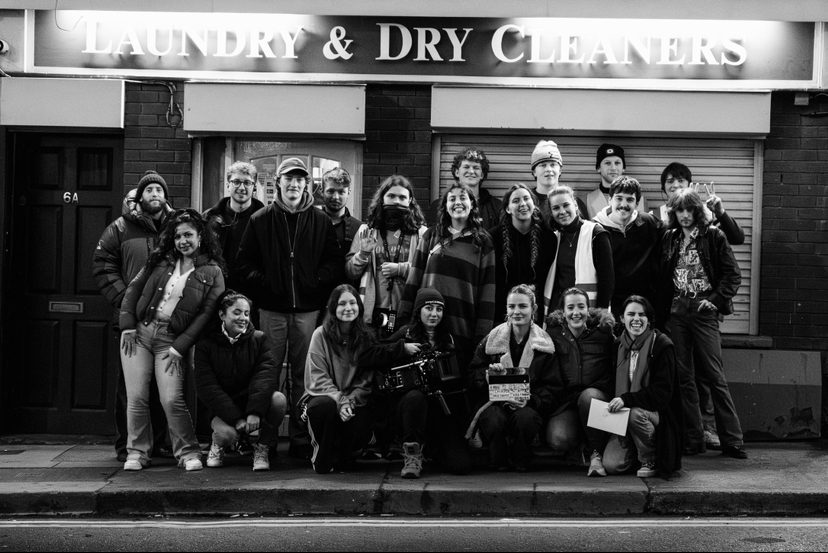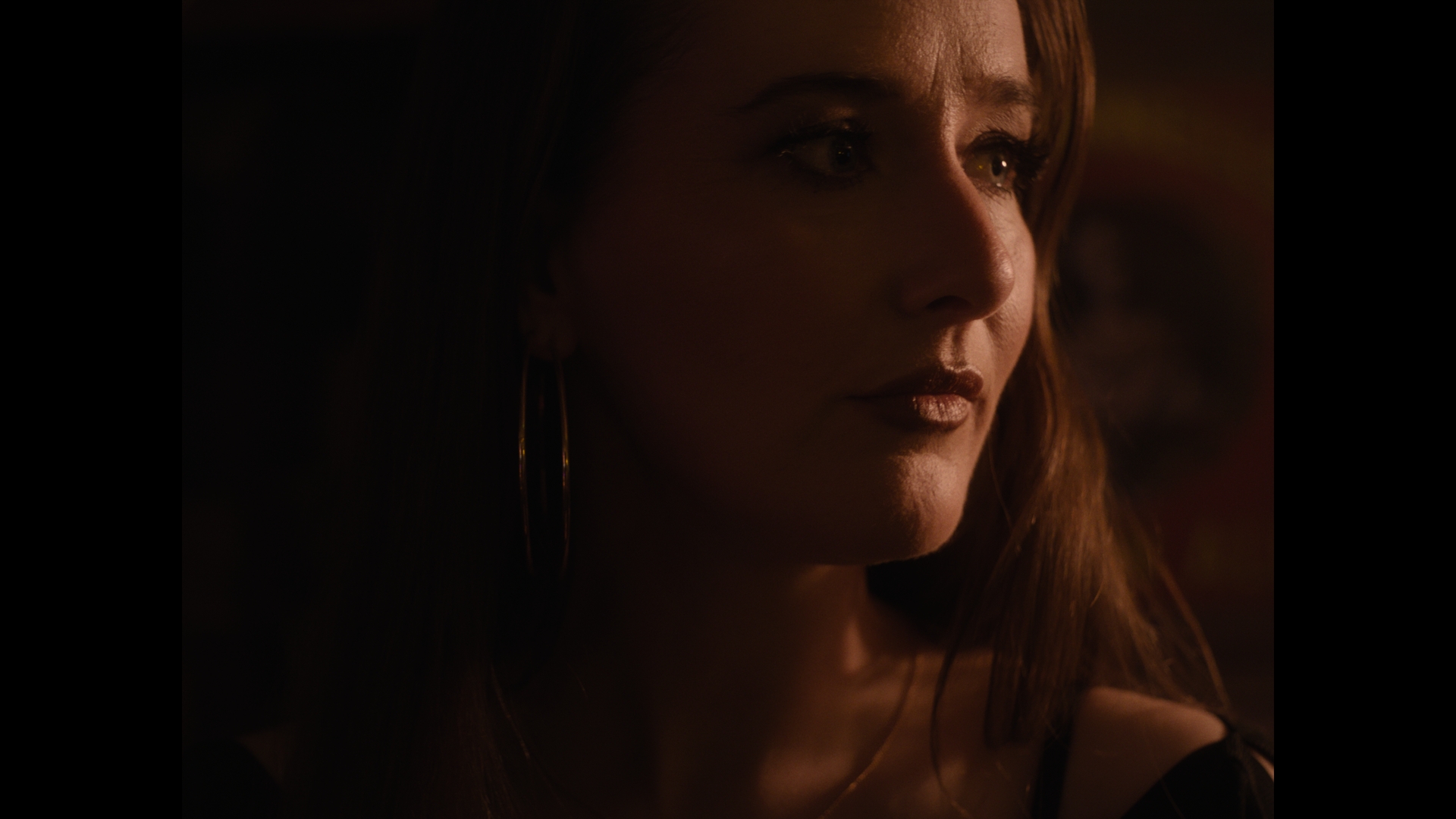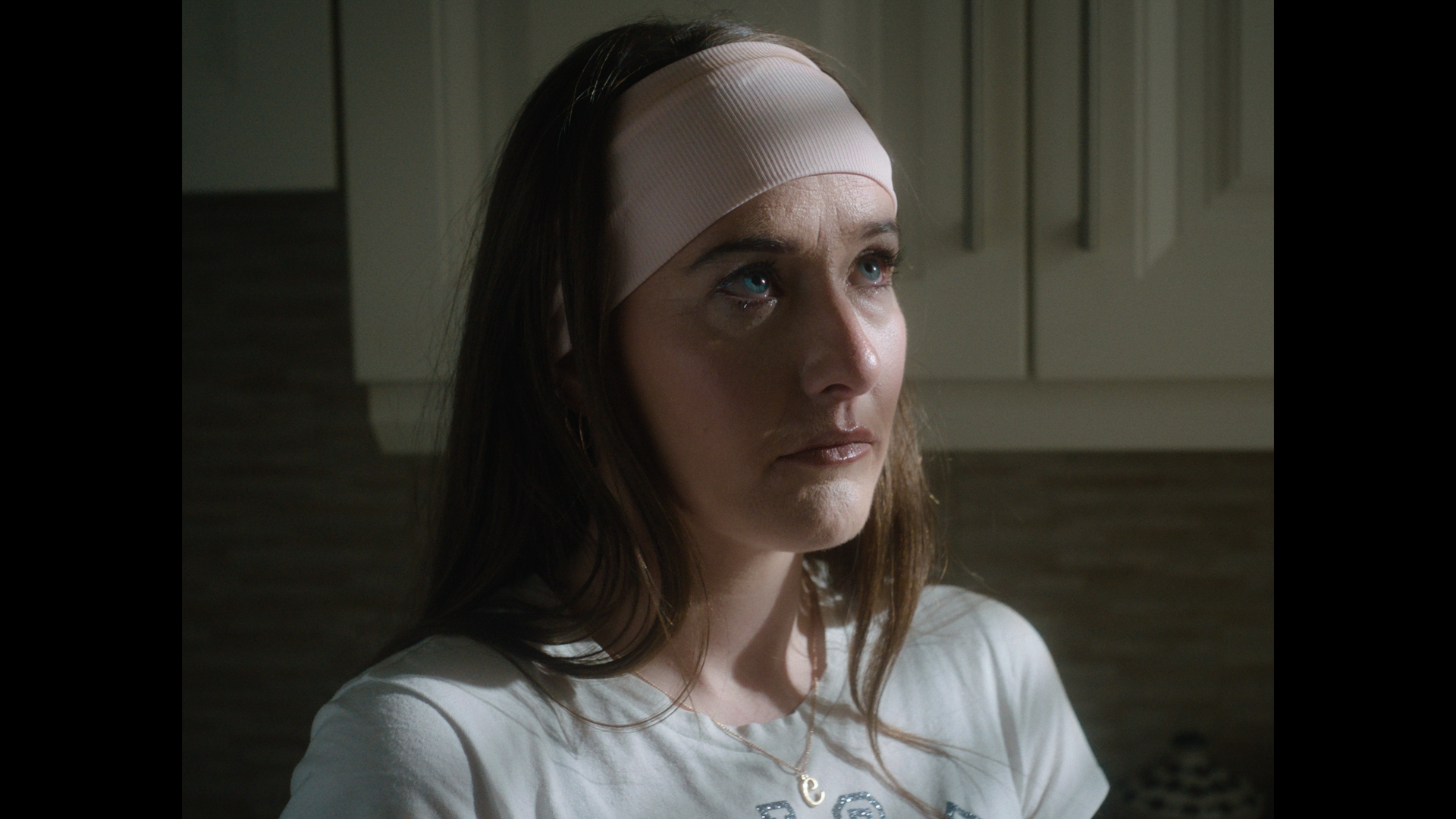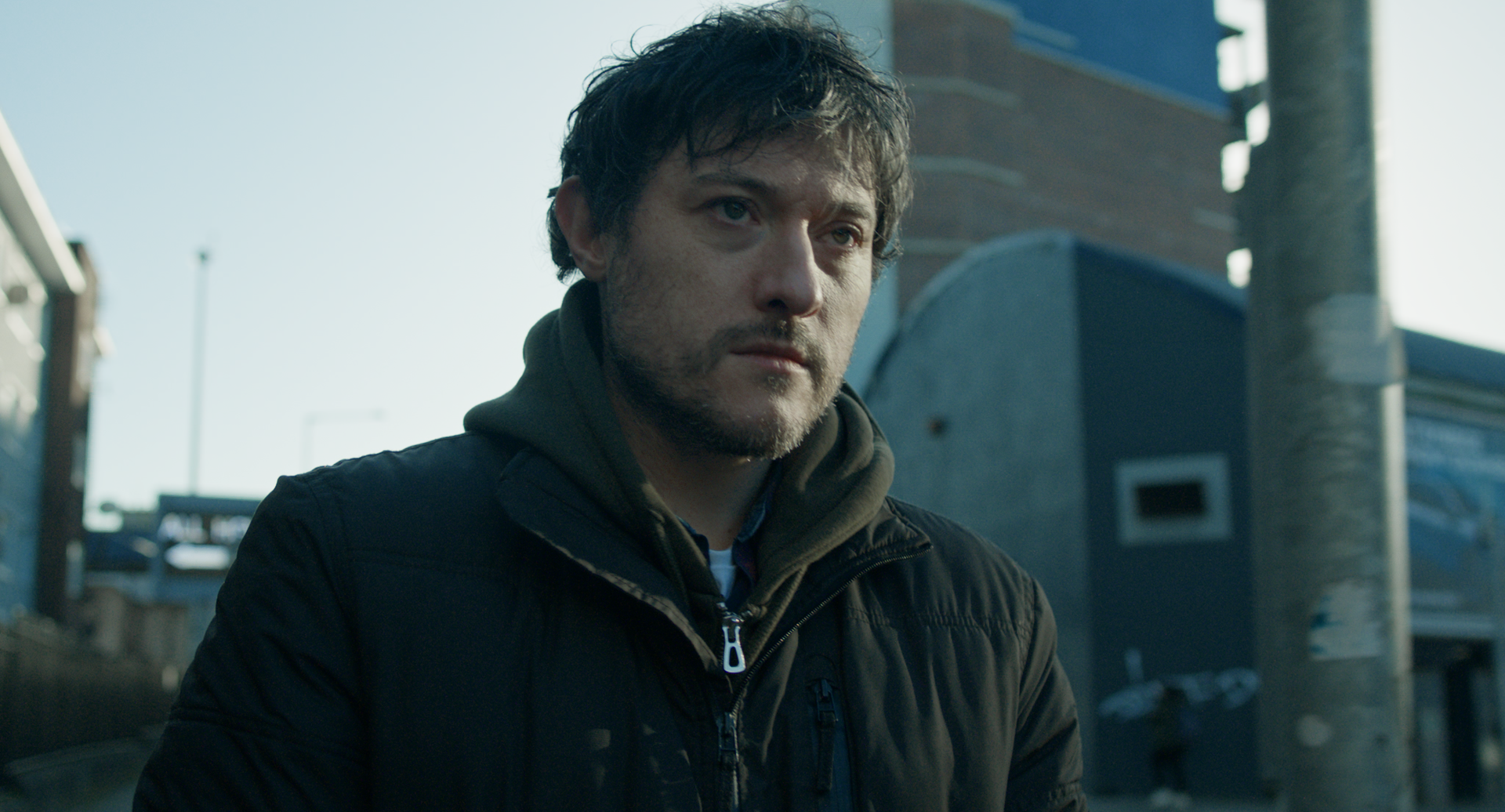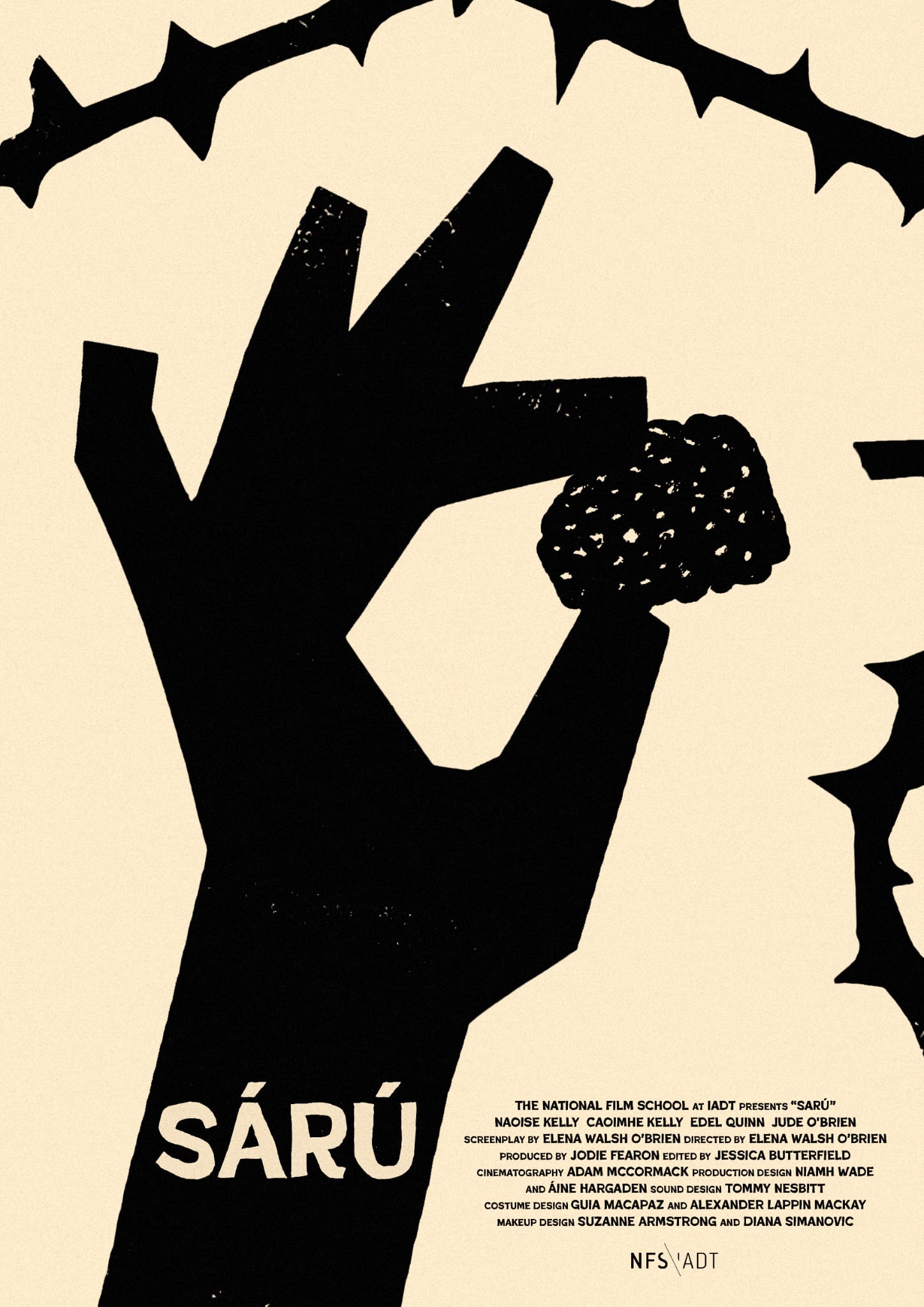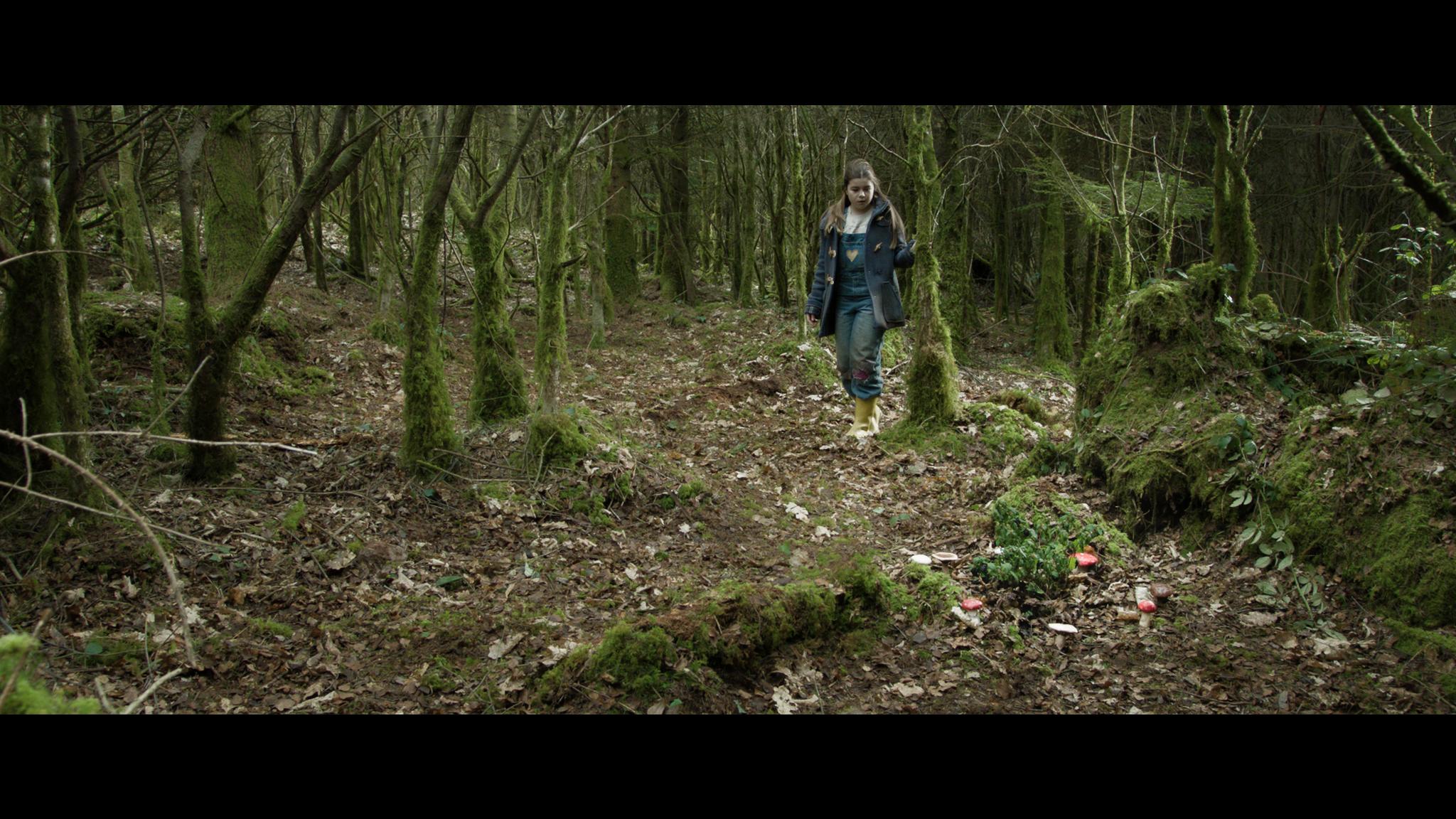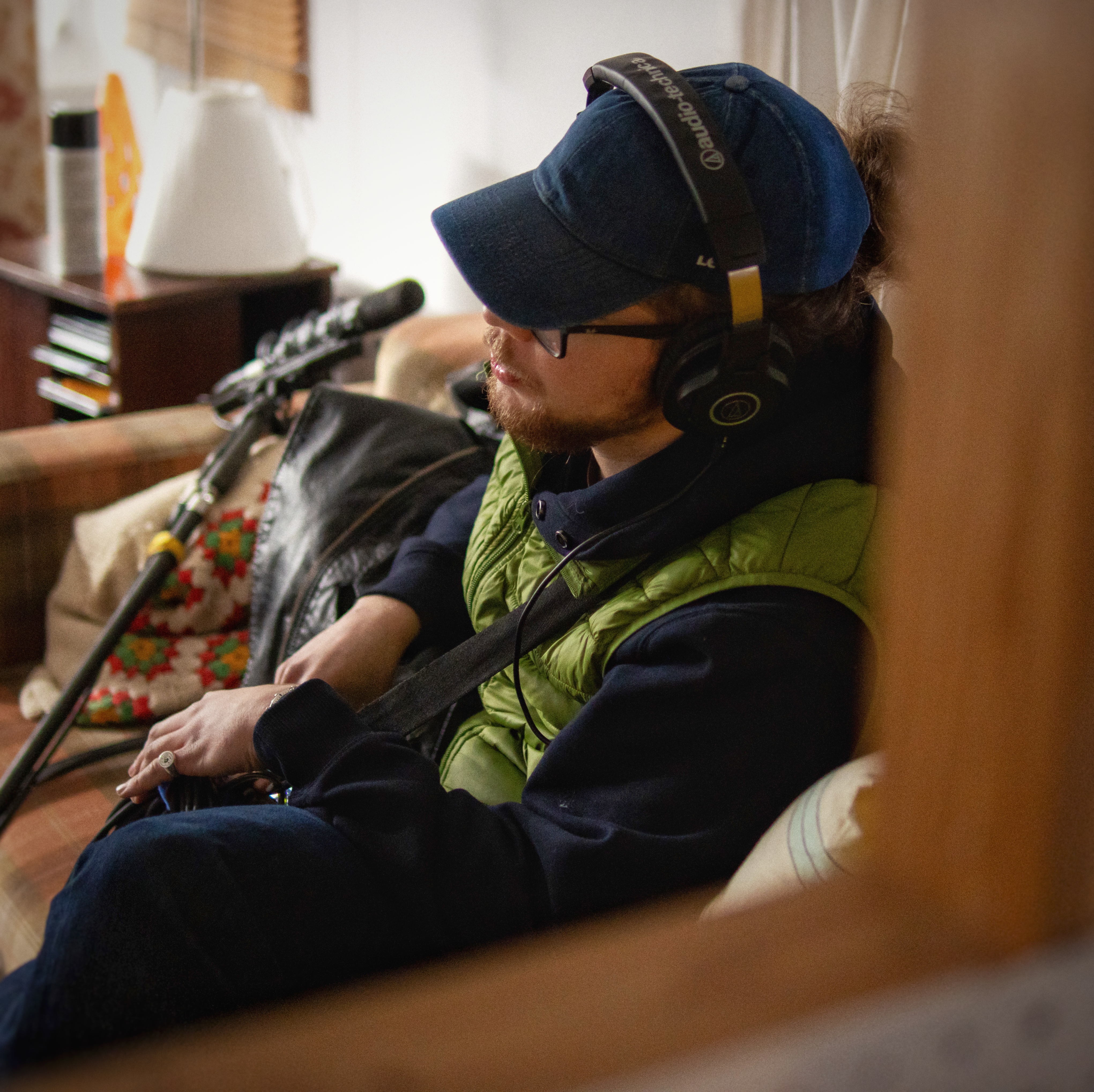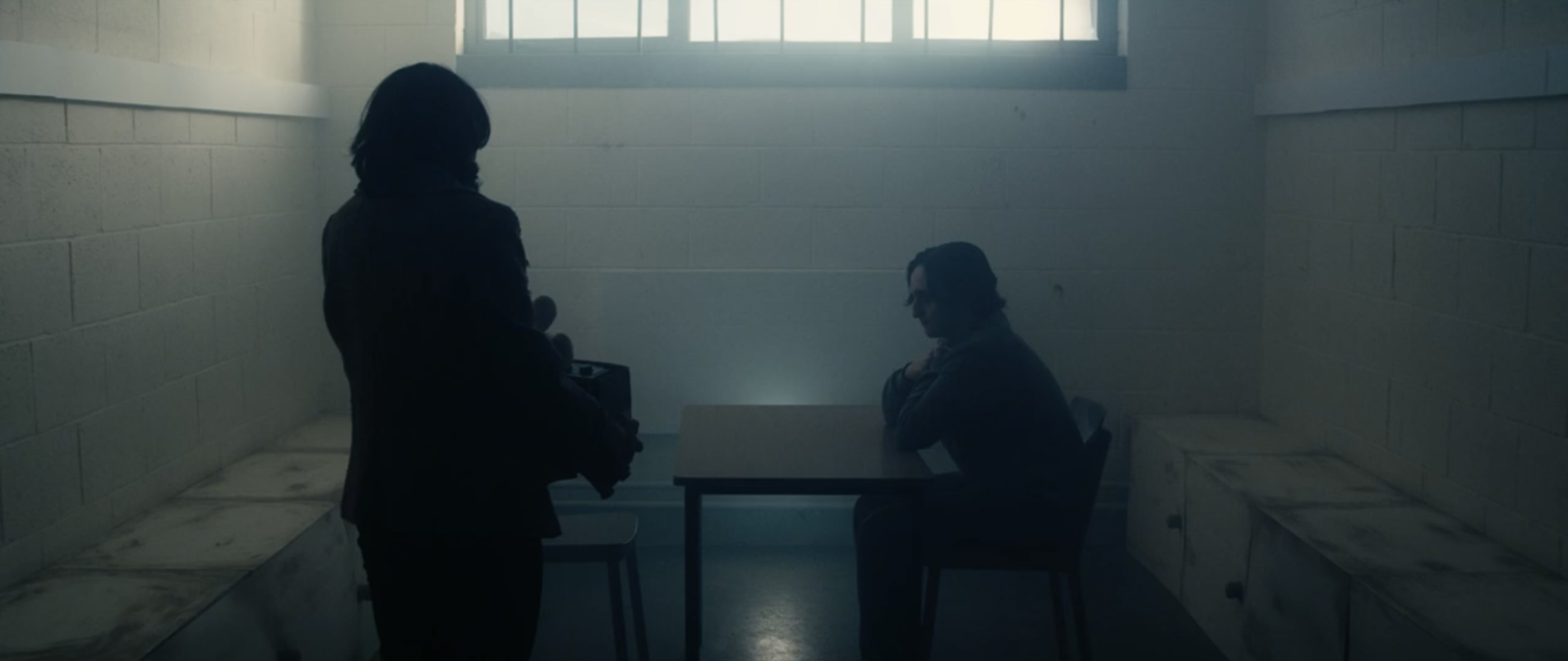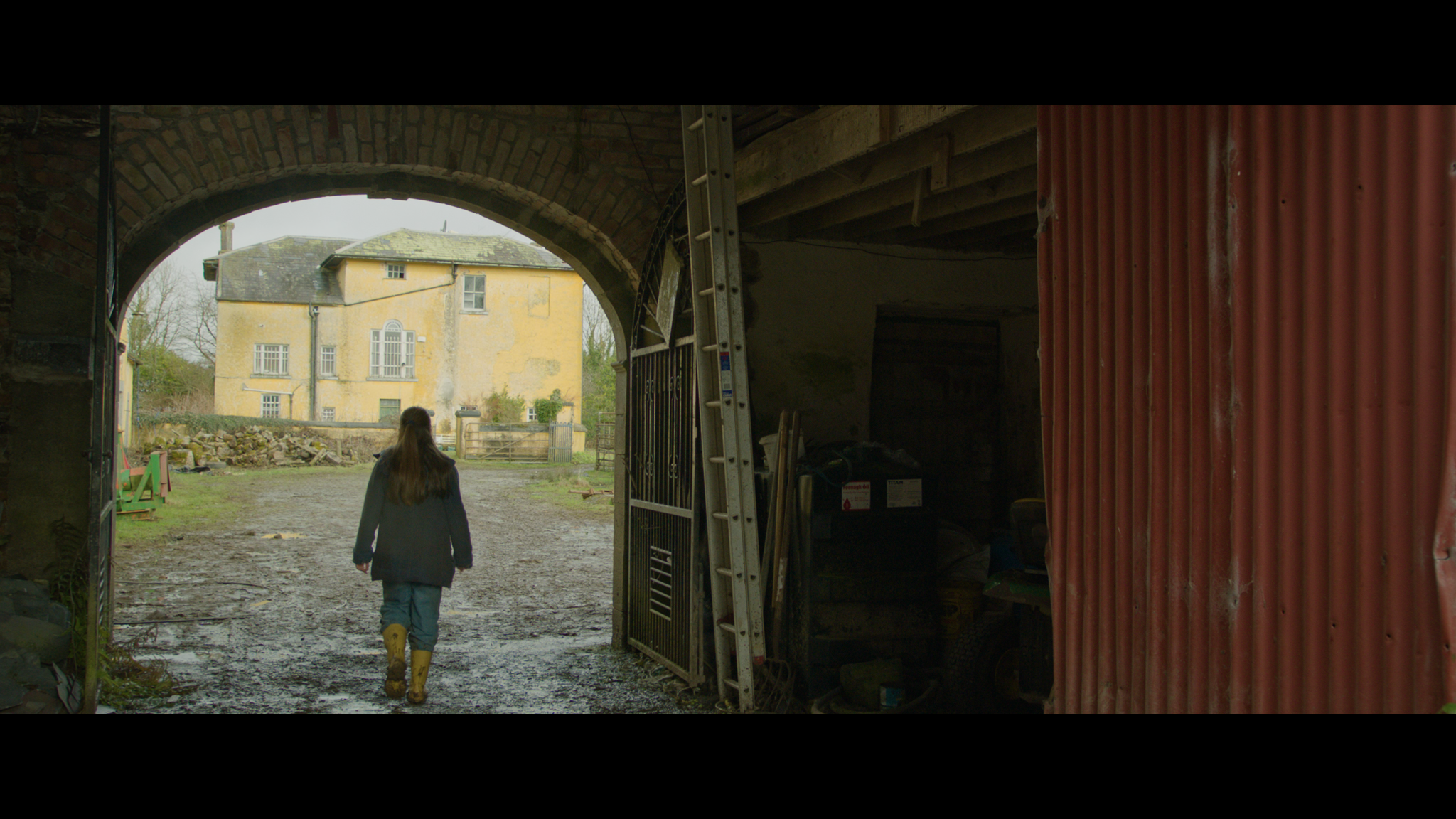
Daisy Tuomey
When her daughter Chloe emigrates to Australia, Aislin quietly begins to unravel. Having spent her adult life as a mother, after having Chloe young, she now faces a quiet, aching void. As her days lose structure and meaning, Aislin must find the strength to step beyond routine, and slowly rediscover who she is.
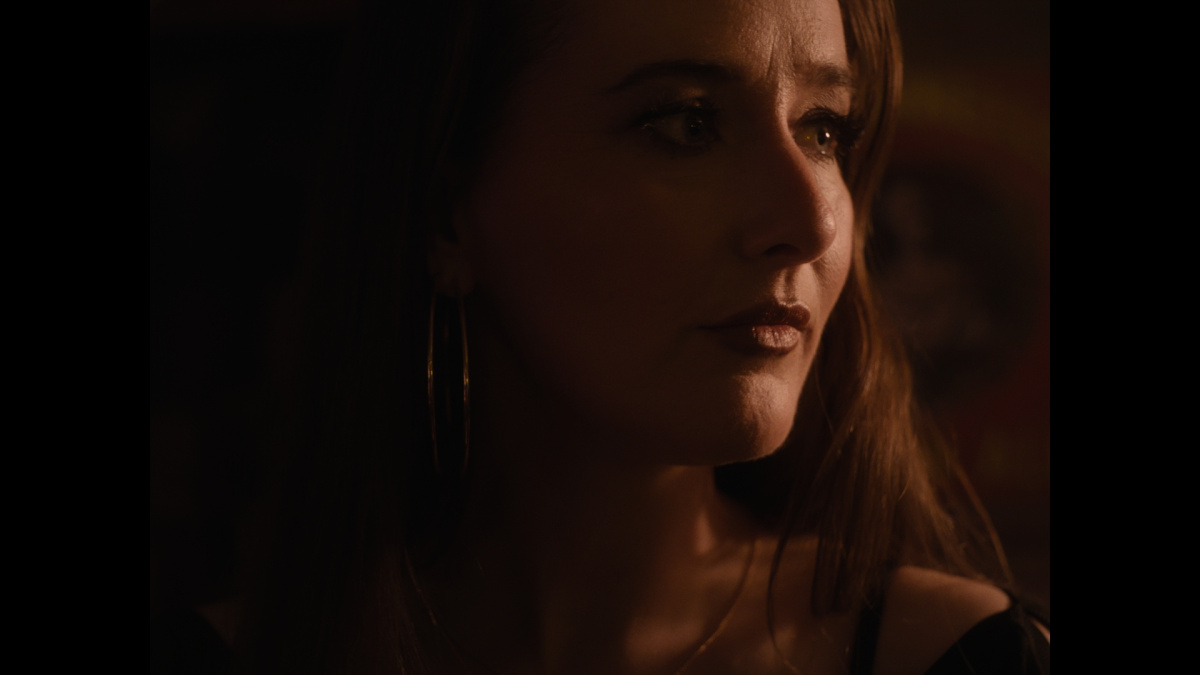
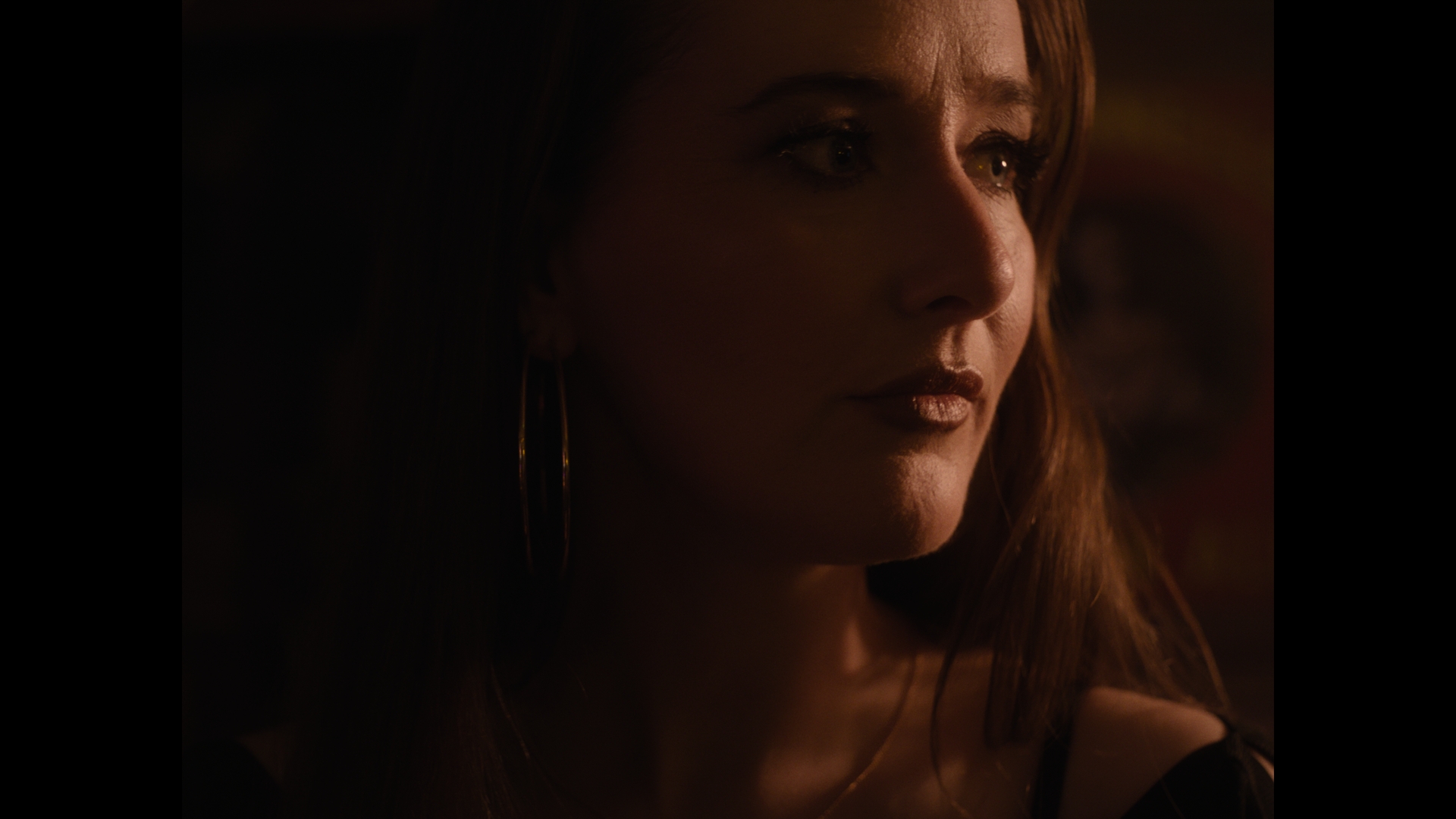






Chirper delves into themes of empty nest syndrome, motherhood, and mother-daughter relationships. As a child, I saw my mother as an all-knowing, all-seeing figure, someone who embodied authority and safety. However, as I grew older, I began to see her as a person with the same imperfections and anxieties as the rest of us. One of the driving forces behind this film was the realization that, just like me, my mother was also experiencing life for the first time.
As a director, my priority was to ensure that audiences could connect with the protagonist even if they haven’t experienced motherhood themselves. In all my projects, I try to shine a light on emotions and experiences that feel universal—things we’ve all felt in one way or another.
This thesis examines photographer and film director Larry Clark and how he redefined the American social realism genre, highlighting his role in shifting its focus towards youth culture. Social realism has traditionally centred on working-class adults; however, Clark redirects attention to the struggles of adolescence. He explores the personal hardships and oppressions experienced by young people, arguing that youth constitutes a social class in its own right.
Clark’s work addresses issues of marginalisation, sexuality, and teenage addiction. His photography books Tulsa (1971) and Teenage Lust (1983), as well as his controversial debut feature film Kids (1995), serve as social commentaries, offering a raw and honest portrayal of youth culture.
Through textual analysis of Clark’s work, this study explores how his stylistic choices, such as the use of non-professional actors, documentary-like filmmaking, and taboo subject matter, both support and challenge the conventions of social realism.
Clark’s influence on the genre, and the ongoing debate between exploitation and realism, is critically evaluated in this thesis. Ultimately, it argues that Clark’s contributions expanded the genre’s boundaries, compelling audiences to confront uncomfortable truths and reconsider the ethical limits of social realist filmmaking.

Daisy Tuomey is an Irish social realist writer/director from Dublin. Who majored in directing at the National Film School. Her work focuses on exploring universal emotions through experiences of everyday people. Her most recent directorial projects include Anomalous Position (2024), a London-based documentary, and Chirper (2025), her graduate film entering its festival run. She is drawn to stories of personal growth and identity, universal experiences that have the power to connect us as a society. Through film, she aims to make people feel less alone by capturing the shared emotions that unite us all.



